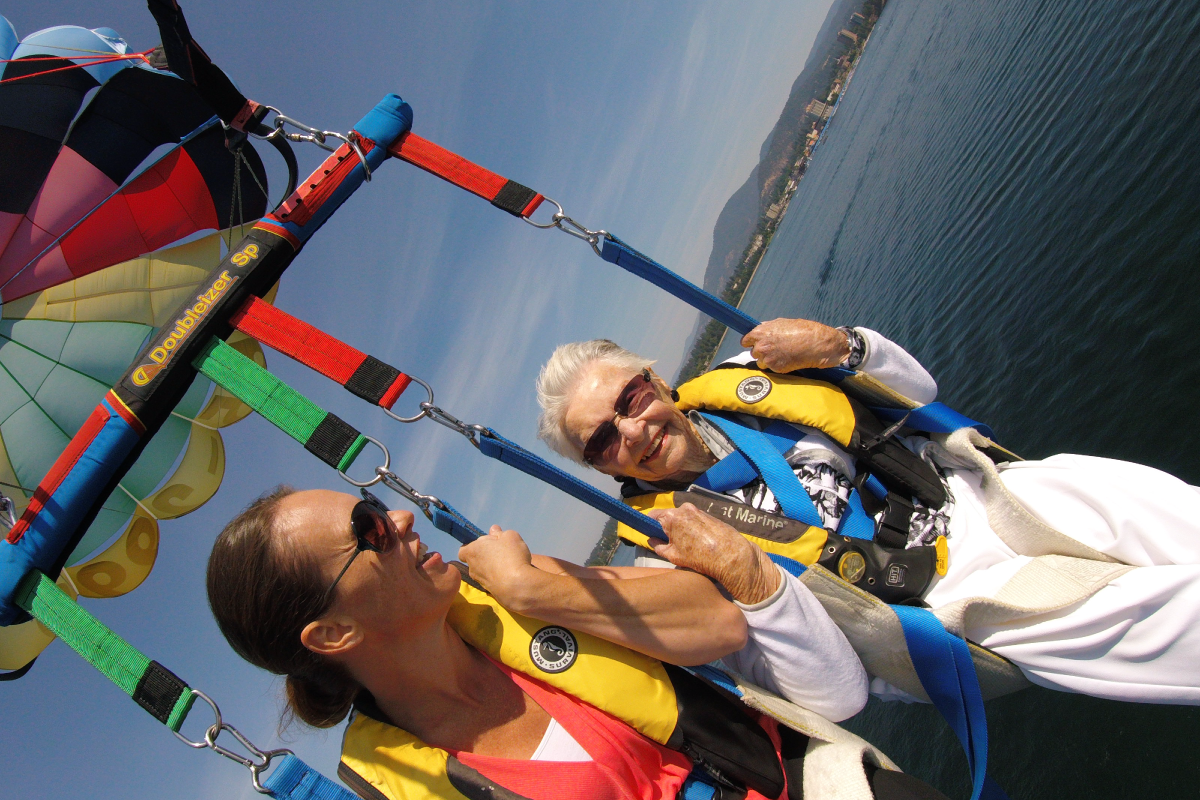
27 Mar It’s Not About Dying – It’s Living
For most people, hospice is something we just don’t think about in our day to day lives. We have a very vague idea about what is involved. It’s common knowledge that hospice care involves taking care of those facing terminal illnesses, but, beyond that, many people only educate themselves when a loved one is dying. However, if you think hospice care’s goal is to help people die, you have the wrong impression.
Hospice Patients Focus on New Hopes
It would be a mistake to think that the people in hospice have given up all of their hopes and have accepted death. While they may have stopped hoping for a cure to their condition, they are still filled with dreams and ambitions. Only now, their hopes may focus on living without pain, tackling experiences they planned to get to, or reconnecting with distant loved ones. They choose new things to live for each day and that helps them keep hope alive.
Hospice Care isn’t a Gloomy Hospital Ward
The mental images hospice conjures up often involve hospital wards, or other dismal institutions with dozens of dying patients confined to beds. In fact, there are nice facilities available for those who need them and these hospice care centers often look more like nursing homes or retirement homes. Additionally, hospice is less about the facility and more about the service. Patients can stay in their own homes, when they’re able to choose. Caregivers will come to the patient’s home to provide healthcare services just like any home healthcare service. The ability to live out their lives at home helps patients feel better about their situation.
Giving Patients a Better Quality of Life
Unlike traditional medical care, hospice isn’t about treating the illness. The focus here is on managing pain to give the patient the best possible quality of life. For bedridden patients, this may mean providing enough painkillers to eliminate pain and let them rest comfortably. For patients who may be a little more active, managing pain may be controlled to allow them to stay alert. This can let them to engage in activities they find enjoyable, like painting, reading, or going for walks.
Providing Emotional and Spiritual Comfort
Therapists and spiritual leaders often volunteer their time to work with hospice patients. Even though these individuals are facing terminal illnesses, they haven’t given up on their mental health. They still have a need to discuss their feelings, especially where facing death is concerned. They may want to finally work through personal issues that have affected them in their lives, or they may need guidance in dealing with loved ones. Some people find that their faith isn’t as strong they believed and they need a spiritual leader’s counseling.
Patients Spend More Time with Family
By obtaining hospice care, patients are no longer occupied with medical tests and treatments that take up much of each day. Instead, they’re able to free themselves up to spend more time with family and friends. This is a time to socialize with close friends and relatives. Patients can make the most of these moments, knowing that time is limited. They may not view it dismally, but as an opportunity to build memories that will live on in the minds of their loved ones.
Time to Appreciate Life
While some of the patients receiving hospice care are very near death, others may have more time. On average, patients receive hospice care for a total of 67 days, which gives them time to bond with loved ones and put their affairs in order. It also gives them the time to appreciate life’s little gifts. When someone is facing a terminal illness, they begin to feel that they took things for granted, like watching sunsets or walking on the beach. Depending on how quickly their health declines, this is a time for them to indulge those experiences once more. Even in this way, loved ones and volunteers can help hospice patients make the most out of their remaining days.
While the people taking advantage of hospice services may be dealing with terminal illnesses, they’re not ready to die. They continue the pain management treatments that their doctors recommend and focus on living each day to the fullest. Hospice care helps people find enjoyment in the days they have left.


